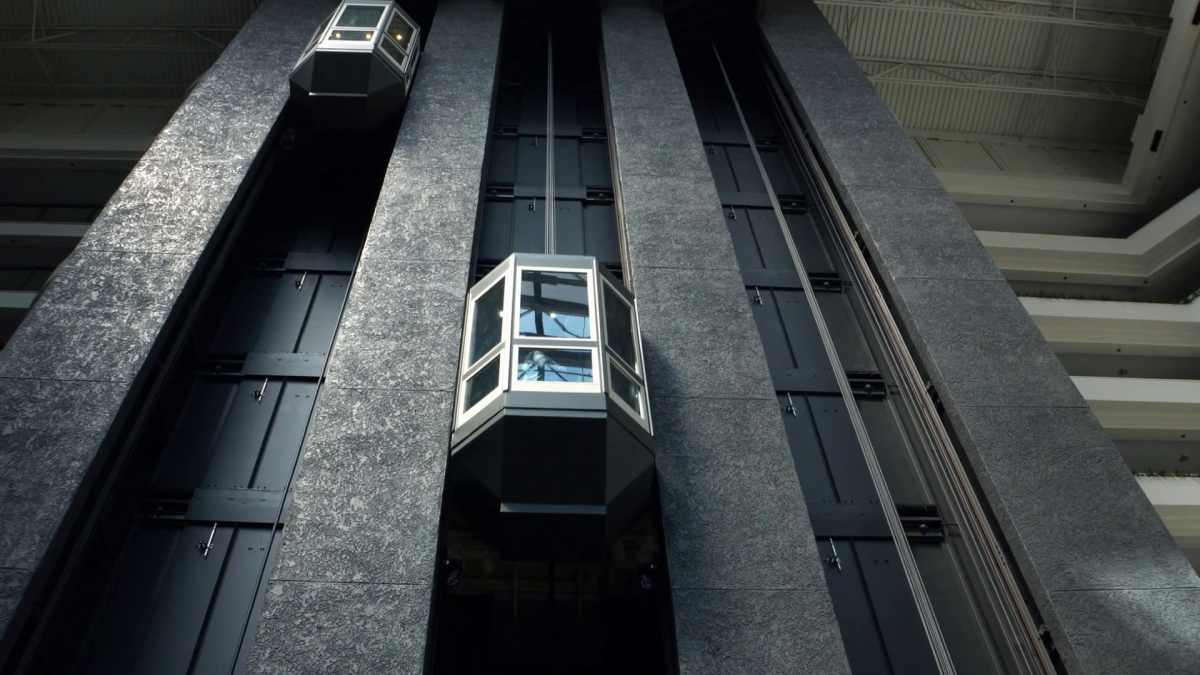Definition of a Startup company
Welcome! It’s our 7th article from the “Startup series”, and today we will talk about the definition of a startup company. Here are previous ones, so if you have passed them through – please check it too.
- Stages of Startup Funding – A step-by-step guide
- What is startup capital?
- Typical Startup Equity: structure, employees, percentage
- Role of CEO in a Startup – The complete list of traits
- Financials for a startup
- How to evaluate a startup
In the past few years, such a business phenomenon as a startup has become not only popular but even fashionable. How often do we hear stories that some “nerd” comes up with an ingenious technology which then turns the whole world upside down and brings billions of dollars to its creator? And how many office workers, thanks to the films like The Social Network and Jobs, have simply given up their jobs and gone to develop something from scratch, find partners and start their own business?
Meanwhile, people do not always fully understand what a startup is and how it differs from some other firm. We will try to figure out what is included in the concept of “startup”, how it differs from other types of business, and what is the life cycle a startup goes through.
Definition of a startup company: the concept.
A startup company is any young business that is created to implement any promising idea or ideas in order to get a good profit. Typically, startup companies are organized by small (2-5 people) companies of people)).
Now the concept of “startup” goes hand in hand with the desire of entrepreneurs to create a new informational project counting on its rapid growth and high capitalization. At the same time, an important distinguishing feature of startups is their specific technology. Most of them are based on certain technological secrets of production.
A startup’s vocation is to solve problems and tasks that become possible to solve only through the use of the results of technical progress.
“Modern high-tech projects should serve one purpose: to make it easier for users to do everything in their daily life”
Isaac “Biz” Stone, founder of Twitter.
Differences between definitions of a startup company and a small business:
- Uniqueness. A startup must be unique. Otherwise, it is no longer a startup. It’s a small business. The use of innovation is perhaps the main thing that uncovers you whether you are in front of a startup or one of the many business ventures (hairdresser, restaurant, law firm, or other). When you start a common business you can somehow follow someone’s steps. Starting a startup you should always remember that in the definition of a startup company said: “You will never really know what you are dealing with. Startups are required to create something new or improve an existing product.”
- Scalability. Usually, the small business is developed within the boundaries that were set by the businessman himself. An entrepreneur approximately knows what kind of “outcome” his company will get while a startup, as a rule, does not limit the scale of its growth and aims to gain as much market share as possible (preferably the whole world). A willingness to increase influence until you succeed in becoming an industry leader as the second Hallmark that separates a startup from a small business.
- Rates of growth. An ordinary businessman usually does not really think about how quickly the business will grow, his priority is still making a profit. The entrepreneurs who are starting a startup are focused primarily on the rapid growth of their company, preferably on a global scale.
- Profit. How soon the business will become profitable, and how much it will be possible to earn? The heads of ordinary businessmen are full of these thoughts since the main thing is to get revenue. A startup, although it is called a young project, can start making its first profit only years later, and even then it is called “luck”. The priority for entrepreneurs of the “new wave” is to create a product that will be something new on the market and will conquer it.
- Financing. Often, personal savings, investments from family, friends, bank loans are enough to open a small business. At first, startups are financed from the pocket of the person who conceived the project, but sooner or later they inevitably come to the point when they begin to be vitally interested in more serious injections in the form of attracting funds from business angels, venture capital funds and investors.
- Business technologies. For running a small business, no special technologies are required, since there are many ready-made technological solutions (in different areas: marketing, accounting, and others) that can sometimes be used to achieve basic business goals. Apparently, technology is often the main product of the startup. But even if this is not the case, a startup is still hard to be imagined without the constant use of the latest technologies to achieve significant growth and scaling.
- Team and leadership. Usually, in a small business environment, as many employees are hired as required for the full functioning of the company. Startups usually start with one CEO or a few people and subsequently grow into an ever-growing staff of employees, investors, directors, and other stakeholders.
- Lifestyle. Since small business, in comparison with start-up projects, is associated with fewer risks it also requires less effort which means it leaves the entrepreneur time for rest and personal life. Of course, after the mechanism of work has been debugged and brought into balance. Those employed in a startup can only dream of a measured lifestyle. Considering the fact that there are business angels, venture capital funds, who have invested their money in the project and expect a profit standing behind a startup, an entrepreneur can only work hard to meet expectations which often means working every day until exhaustion.
- Exit strategy. How will a small business venture end? Usually, businessmen either sell their business or pass it on by inheritance. At the same time, an important milestone in the life of a startup is its transition to the next stage through a major sale or IPO.
The aggregate exit value of the US startup companies in 2021 reached the total of $290 Billion
Startup life cycle
Another big part of the definition of a startup company is the stages does a startup founder goes through? Here are all three of them:
- Of course, the beginning of work on any startup is the creation of its prototype, which would clearly show the strengths and weaknesses of the initial idea.
- Then the transformation of the prototype into a full-fledged product is performed. Over time, the product is transformed and developed, scaling up many times over. The parallel processes are attracting investments during Startup Funding Stages(check our previous material about it), growing up the team, and, as a result, increasing the complexity of the product.
- The ultimate goal of creating a startup is selling it to a large corporation or listing its shares and continuing to operate as a separate company.
Summary
Meanwhile, knowing the definition of a startup company and what are its fundamental differences from other types of business, as well as having a good idea, does not guarantee you victory in this field. Success in this area is not predictable, there are no ready-made business solutions. Remember, according to statistics, only one in ten startups gets recognition. So if you decide to drastically change your life and do this kind of business, think carefully.



